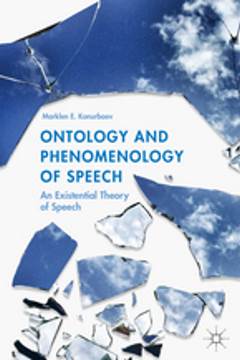Book | Chapter
The ontology of speech and the nature of foregrounding
pp. 55-112
Abstract
Language is a process. Speech is a process. Speech production is a process. Understanding is a process. Why then do we still represent the verbal reality in our interpretation as "items in display', as exhibits that have long been dead and are expected to be perceived as valuable impact phenomena? A word in speech may realize its potential only when it is "resolved' by the immediate, broader or external environment, a context. This resolution lies at the basis of speech dialectics in which the immediately obvious, semantically valid interpretation is opposed to the scope of connotations that an element of speech has when put in the broader context of communication. This dialectic is a "tug-of-war' where nothing reaches stability in the eyes of a speech recipient until the balance between the forward-looking (cataphoric) and the backward-looking (anaphoric) forces of the context is fully accomplished.
Publication details
Published in:
Konurbaev Marklen (2018) Ontology and phenomenology of speech: an existential theory of speech. Basingstoke, Palgrave Macmillan.
Pages: 55-112
DOI: 10.1007/978-3-319-71198-0_4
Full citation:
Konurbaev Marklen (2018) The ontology of speech and the nature of foregrounding, In: Ontology and phenomenology of speech, Basingstoke, Palgrave Macmillan, 55–112.


